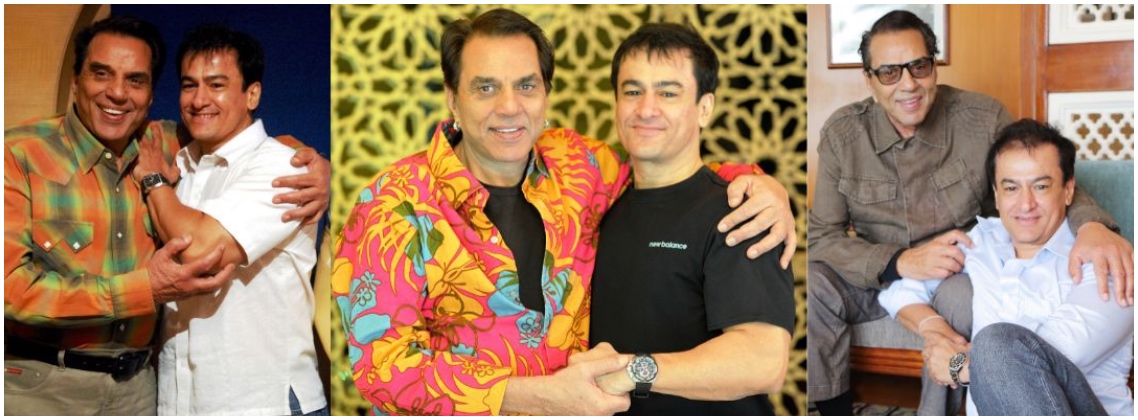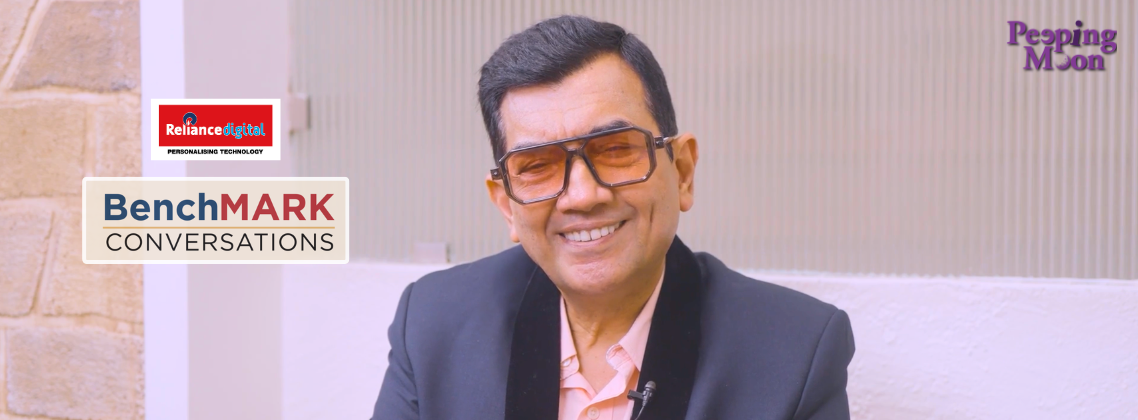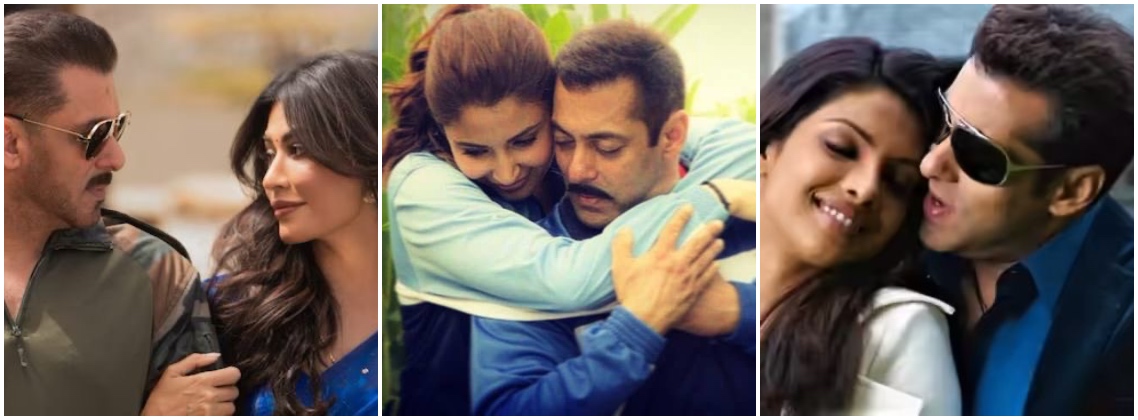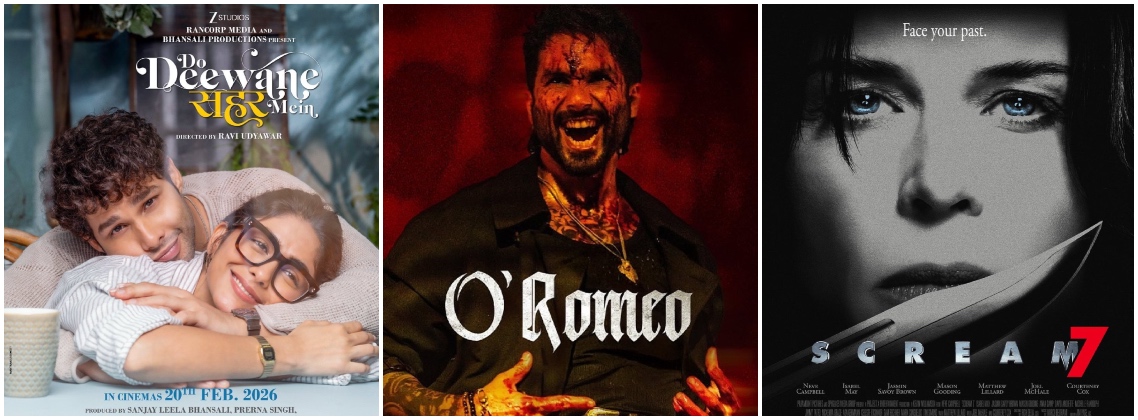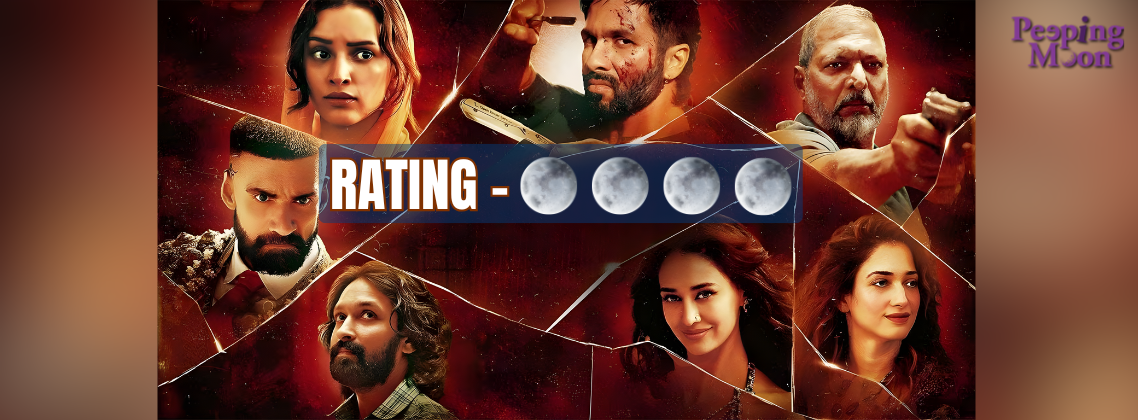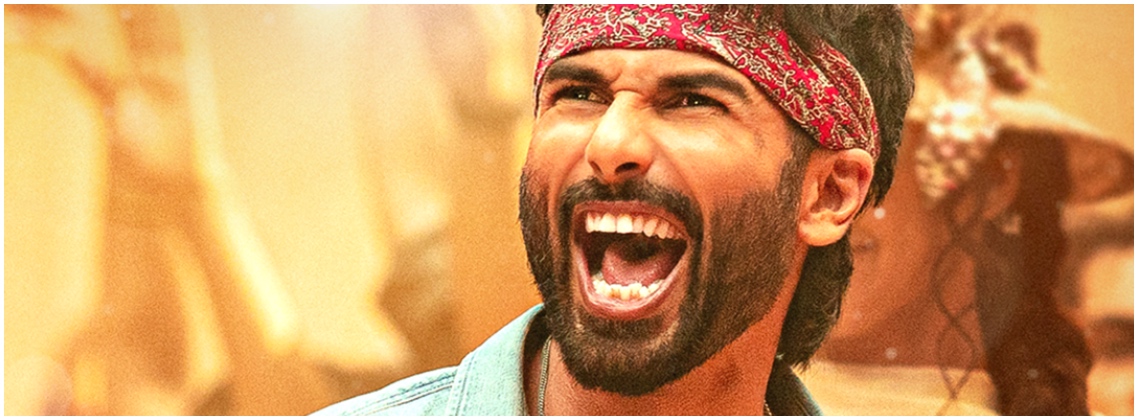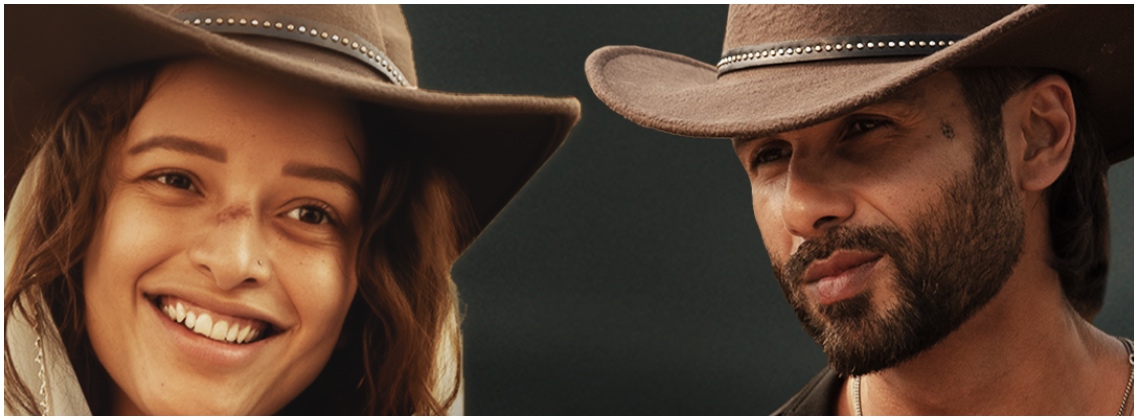Prime Video's first local true-crime docu-series, Dancing On The Grave, has premiered on the OTT giant today. Directed by Patrick Graham, the unscripted series takes a deep dive into the spine-chilling murder of Shakereh Khaleeli, which took place in the early ’90s in Bengaluru.
In an exclusive interview with PeepingMoon, Patrick spoke about the challenges he faced while working on Dancing On The Grave, the idea behind the series' title, roping in people to share their stories on record and the difference between Indian and Western documentaries.
Excerpts from the interview:
It is your first documentary series for Prime Video. What prompted you to explore this subject?
I have always loved documentary series and so many good ones are coming out on OTT now. I have been interested in exploring unscripted work. I am lucky to get to work on something like this. When I read the story, I felt I wanted to be involved with it.
.jpg)
What’s the idea behind the title?
It was in the 90s and journalist Shams Tahir Khan was interviewing the second daughter of Shakereh. She said there were witnesses to the Swami throwing parties on the grave of his wife. He called the segment Dancing On The Grave. It also serves as a figurative expression that when you dance on the grave, you are disrespecting their memory.
What kind of research went behind making the documentary?
The producers did a lot of research on the subject. They started working on this in 2019. They went to various parts of the country for the research and collected relevant documents Before I came on board, a lot of the research was done. When I started working on it, we worked to fill gaps, figure out the questions to ask people, etc.
How did you convince people to face the camera and be vocal as not everyone is comfortable talking on record?
This is the hardest part about making an unscripted documentary. It is difficult to convince people to talk to you. Unlike the US, people in India aren’t comfortable talking about scandals, tragedy, and crime. I understand that. It was tough to persuade them but the producers did a good job at it. Negotiations were happening till the very last minute and many even backed off.
.jpg)
What’s the difference between Indian and Western documentaries?
India has been putting in some amazing documentary work recently which is so exciting. They’ve been doing that for quite a while. Now, we are seeing recognition with stuff like The Elephant Whisperers and All That Breathes. I remember watching some Indian documentaries. Since documentaries are made for the OTT, we see a similar structure throughout the country.
Why do you feel people love watching crime shows and documentaries?
I think people love to hear stories of crime and criminals. They like a good murder mystery. We like to be told dangerous and risky and sinister and scary stories in the comfort of our living room.



